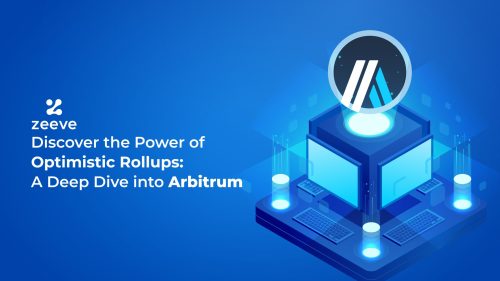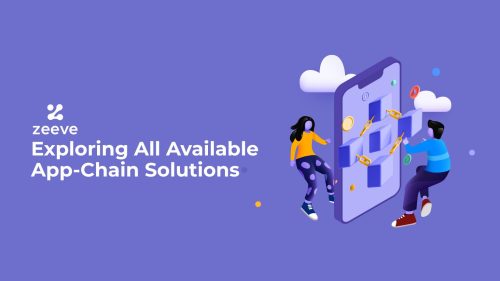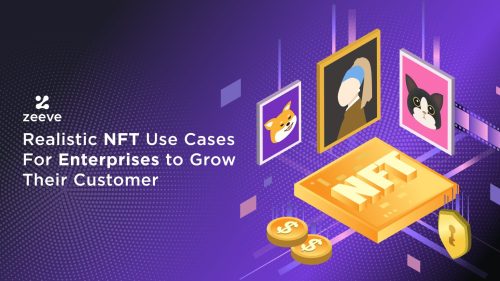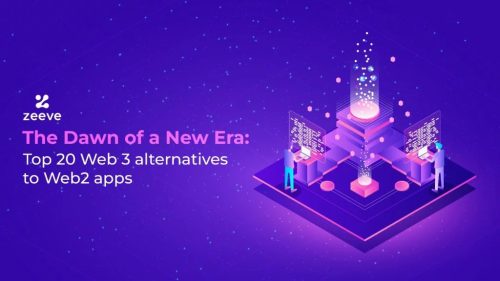An Introduction to DAOs
An Introduction to DAOs
What is it?
DAO is an acronym for Decentralized Autonomous Organization. The concept of the DAO was first proposed in 2015, by EOS founder Dan Larimer, and it was then improved upon in 2016 by Ethereum founder Vitalik Buterin. It is has continued to evolve as people collaborate online, and is considered decentralized as it is not controlled by a centralized individual or company. All decisions are open, transparent and jointly made by members of the organization, and rules are written into smart contracts. It is autonomous as it is a system that can runs itself through smart contracts, with elections determining the future direction of the organization. At the heart of DAO is transparent democracy, flat hierarchies, and position hierarchies. The DAO can also replace all aspects of legal agreements with code, saving significant operational overhead. Its usefulness lies in the ability to enable a decentralized group of people to coordinate with each other. It does this according to a set of rules on the blockchain focused on achieve a specific goal.
Why DAOs?
Cooperation between decentralized communities and stakeholders is increasing in demand as human activity and values shift into the digital realm. The DAO provides a mechanism to reduce external information, negotiation and transaction costs, enabling anyone, anywhere to engage in specific activities related to the same mission without traditional market and corporate dynamics. DAOs put governance in the hands of the community rather than a centralized party.
DAO Membership
There are a variety of ways to join DAOs. Some DAOs have open membership, where joining the DAO is as easy as joining a Discord Server. Other DAOs have token gated membership, where only those with the DAOs unique token can become members of the DAO or have voting rights within it.
Governance
All important decisions are made by the community by voting on them and all other aspects of governance are ‘managed’ through protocols and smart contracts. When a DAO is first created, rules are determined and these are written into smart contracts that are ‘activated’ when certain occur. Those who join the DAO agree by joining to abide by the rules. Repercussions of not following the rules can be as severe as funds being locked. All DAOs have a treasury which holds its digital currency and these can be accessed by approval within the group.
The Importance of Community
DAOs, due to their structure have a focus on community, and with the shared risk as well as reward, the organization is one of a more socially conscious nature. It is one designed to help people prosper everywhere, not just larger stakeholders. While the focus is on community, it is also community support that ultimately determines how successful a DAO can be. It is through the support and participation of the community that any DAO is best able to fulfil its purpose. Without community, there is no functional DAO.
DAO Use Cases
DAO use cases are many and varied. Buying an NBA team, acquiring a US Constitution document, developing human registries to distribute a basic human income, forming digital employment cooperatives, purchasing a gold course, developing Web3 content and protocols – these give an overview of just a small number of DAOs’ missions. A quick online search will highlight the ever increasing number of DAOs being formed and their purposes. Three examples:
- Bankless DAO – This DAO has the mission of helping the world go bankless and is a “decentralized community to coordinate and propagate bankless media, culture, and education. Its goal is to drive adoption and awareness of truly bankless money systems like Ethereum, Defi, and Bitcoin.”
- HerStory DAO – “HerStory DAO is an art collective dedicated to preserving and incubating the stories of Black woman creators in NFTs. They became known after bringing Black artists, collectors, and allies together to bid on two NFT art pieces by Black female rapper Latasha and an Ethiopian family of visual artists that go by the name Yatreda.”
- Seed Club – Seed Club is a social token incubator, that helps developers launch successful social tokens. “We partner with creators, bringing access and insight from a diverse group of advisors, marketers, token designers, and technologists, who all share in the upside of successful projects.”
Three Steps to Start and Launch
- The DAO founders determine the groups purpose and developers create the smart contracts that will determine the rules of the group
- Get community support for the purpose and buy-in into the DAO, and establish governance rules
- The code of the DAO is deployed onto the blockchain
After this point, all decisions and accountability are collective, and both risk as well as reward is shared. All actions within the DAO are also completely transparent allowing for an element of trust to be developed.
In Closing
While DAOs offer some significant benefits, they are still largely unchartered territory and not necessarily the answer to all problems inherent in centralized organizations. I do however believe that they offer an incredible opportunity, particularly within the impact space, and that we will see most benefit of these organizations when their real-world potential is realised.
Authors:
Noleen Mariappen- Founder, Saffa Global
Armeen Gould – VP Research, IntelliAqua






Responses